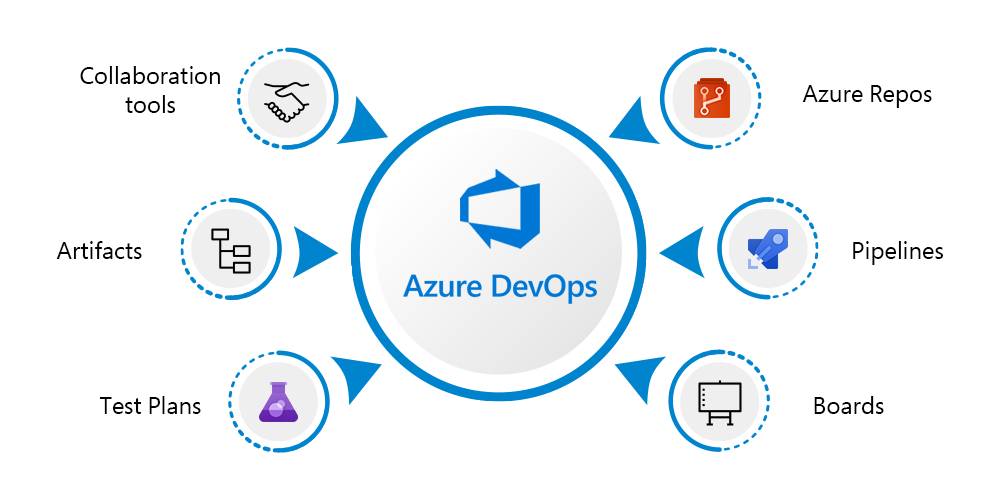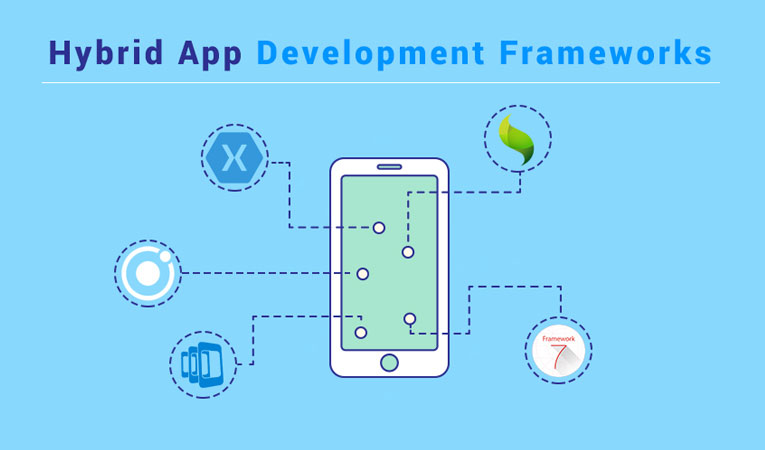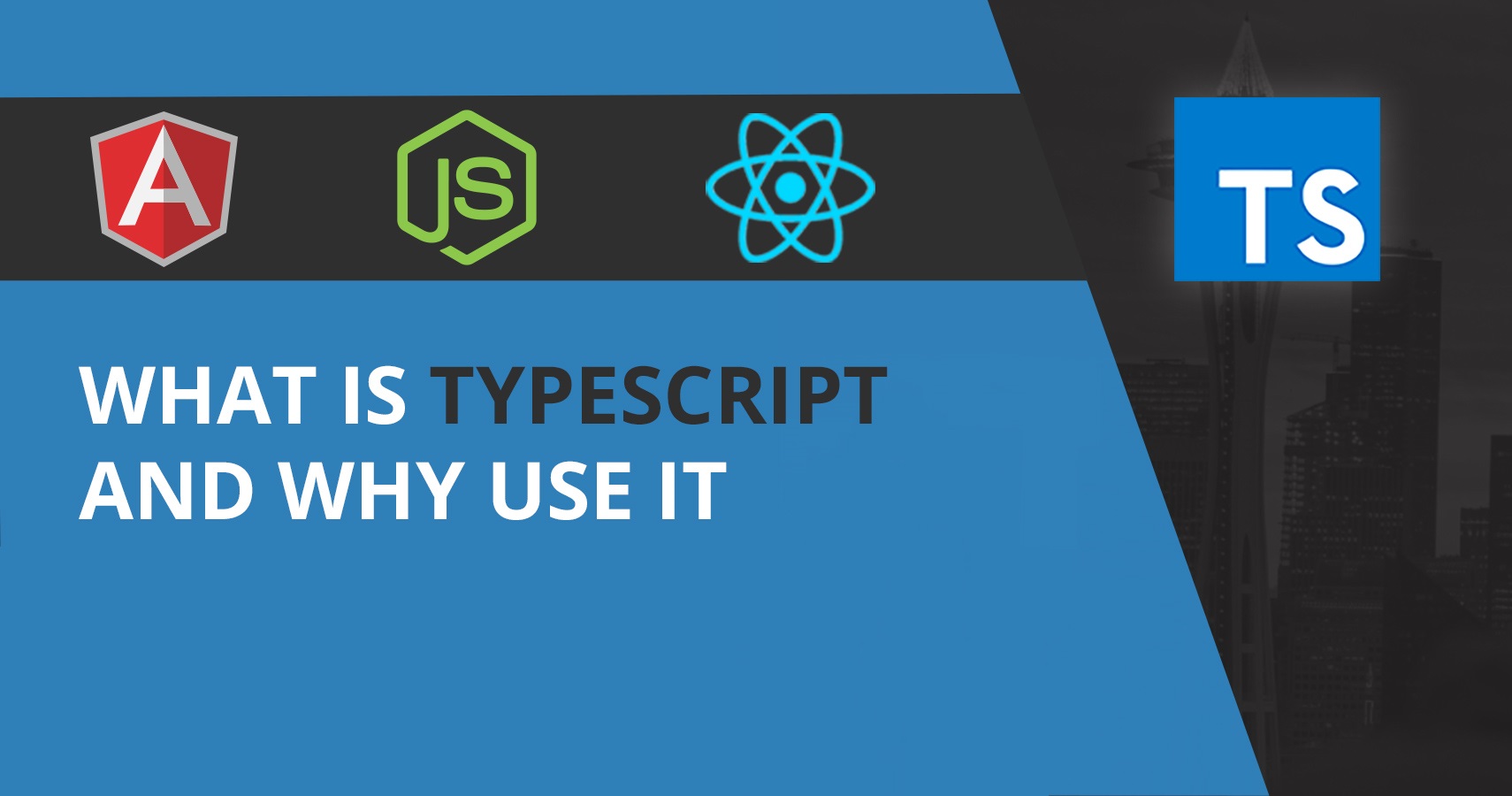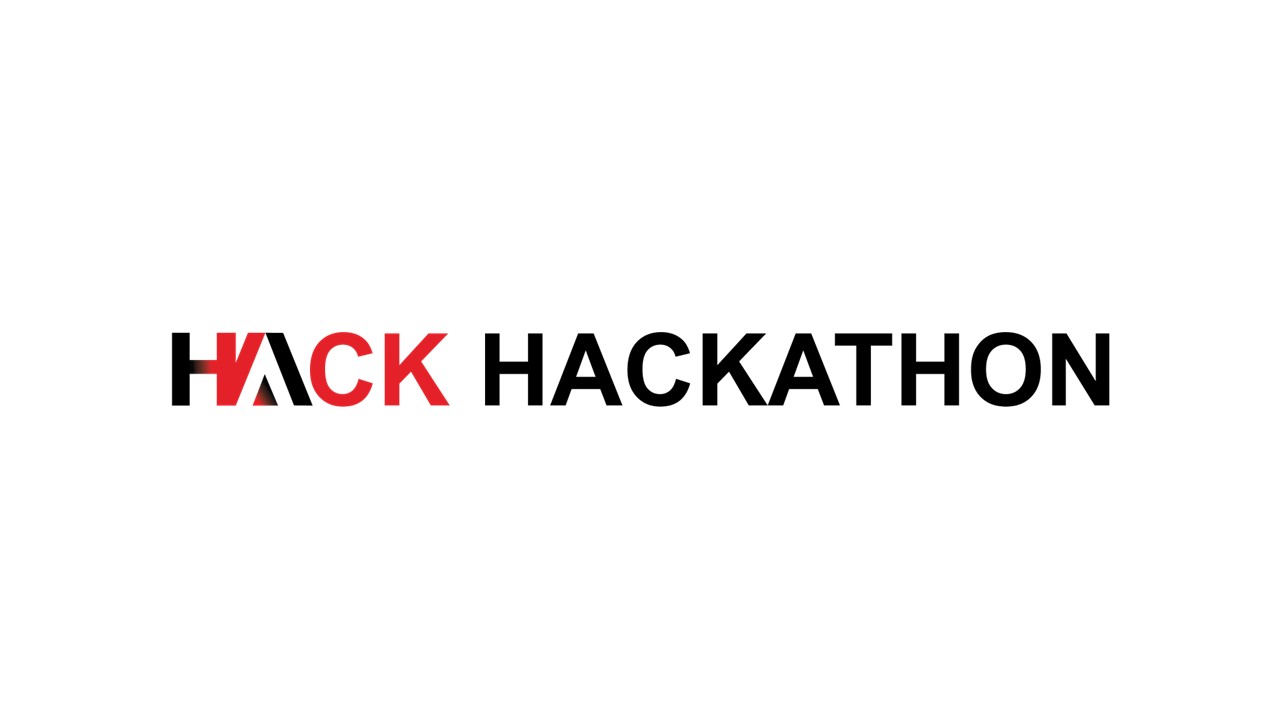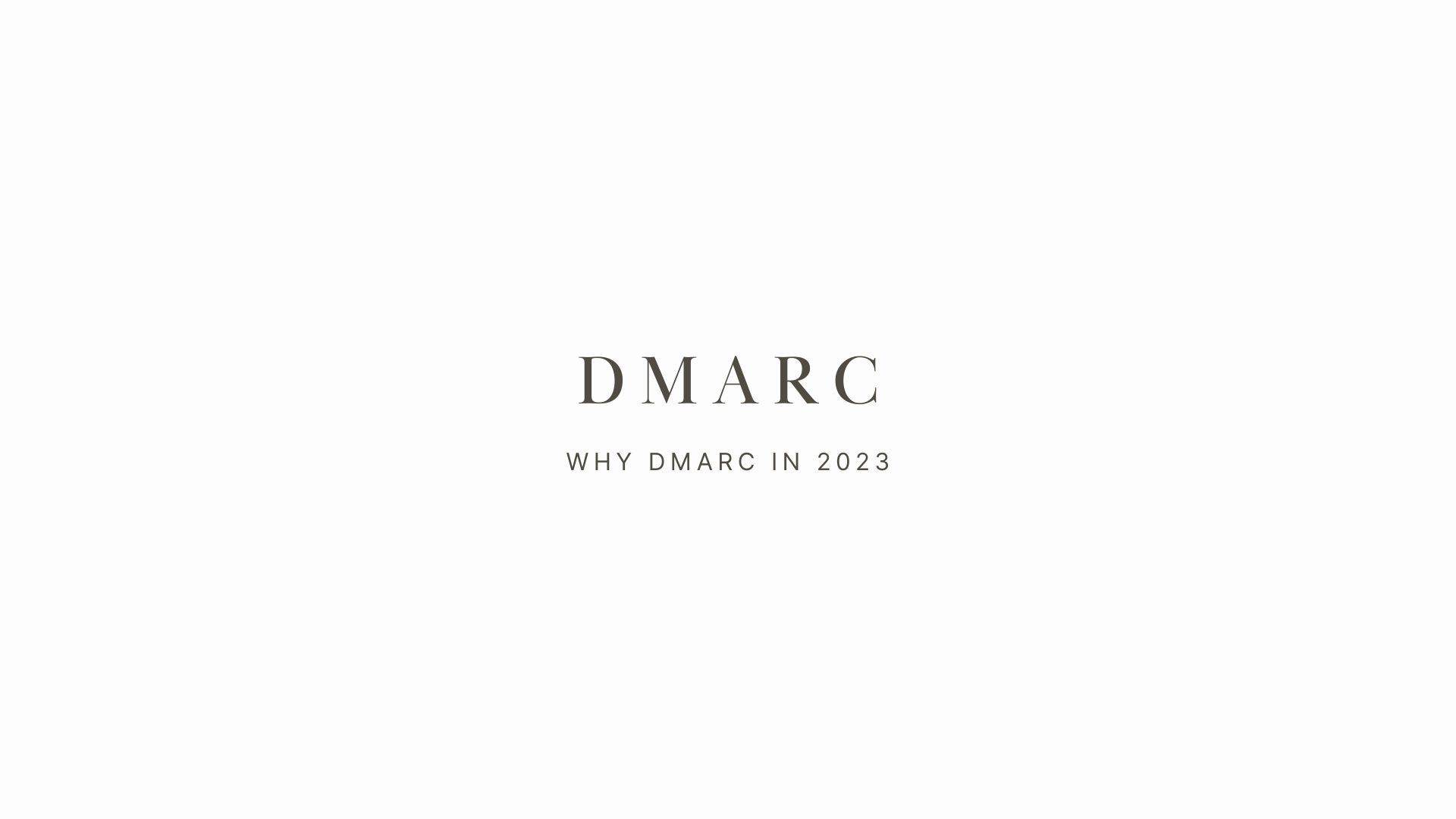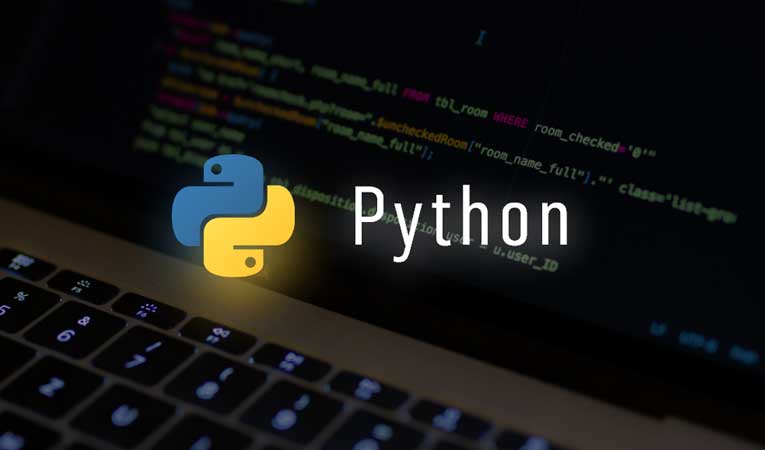Top 50 C PROGRAMMING MCQ Questions and Answers Exercise (Set 3/4)

Q 1 - Linker generates ______ file.
A - Object code
B - Executable code
C - Assembly code
D - None of the above.
Q 2 - Compiler generates ______ file.
A - Executable code
B - Object code
C - Assembly code
D - None of the above.
Q 3 - Special symbol permitted within the identifier name.
A - $
B - @
C - _
D - .
Q 4 - A single line comment in C language source code can begin with ______.
A - ;
B - :
C - /*
D - //
Q 5 - A macro can execute faster than a function.
A - true
B - false
Q 6 - Choose the invalid identifier from the below
A - Int
B - volatile
C - DOUBLE
D - __0__
Q 7 - Choose the application option for the following program?
#include<stdio.h>
main()
{
int *p, **q;
printf("%u\n", sizeof(p));
printf("%u\n", sizeof(q));
}
A - Both the printf() will print the same value
B - First printf() prints the value less than the second.
C - Second printf() prints the value less than the first.
D - Error in the code.
Q 8 - What is the built-in library function to adjust the allocated dynamic memory size.
A - malloc
B - calloc
C - realloc
D - resize
Q 9 - Identify the C compiler of UNIX.
A - gcc
B - cc
C - Borland
D - vc++
Q 10 - Following is the invalid inclusion of a file to the current program. Identify it.
A - #include <file>
B - #include “file”
C - #include < file
D - All of the above is invalid.
Q 11 - What is the output of the following program?
#include<stdio.h>
int* f()
{
int x = 5;
return &x;
}
main()
{
printf("%d", *f());
}
A - 5
B - Address of ‘x’
C - Compile error
D - Runtime error
Q 12 - What is the output of the following program?
#include<stdio.h>
main()
{
char *p = NULL;
printf("%c", *p);
}
A - NULL
B - 0
C - Compile error
D - Runtime error.
Q 13 - The default executable generation on UNIX for a C program is ______.
A - a.exe
B - a
C - a.out
D - out.a
Q 14 - What is the output of the following program?
#include<stdio.h>
void f()
{
static int i = 3;
printf("%d ", i);
if(--i) f();
}
main()
{
f();
}
A - 3 2 1 0
B - 3 2 1
C - 3 3 3
D - Compile error
Q 15 - What is the output of the following program?
#include<stdio.h>
main()
{
}
A - No output
B - Garbage
C - Compile error
D - Runtime error
Q 16 - Choose the correct option with respect to the following program.
#include<stdio.h>
void f(int const i)
{
i=5;
}
main()
{
int x = 10;
f(x);
}
I - Error in the statement ‘void f(int const i)’
II - Error in the statement i=5.
A - Statements I & II are true
B - Statements I & II are false.
C - Statement I is true
D - Statement II is true.
Q 17 - To store a word/sentence declare a variable of the type ‘string’.
A - true
B - false
Q 18 - What is the output of the following program?
#include<stdio.h>
int x = 5;
int* f()
{
return &x;
}
main()
{
*f() = 10;
printf("%d", x);
}
A - Compile error
B - Runtime error
C - 5
D - 10
Q 19 - What is the output of the below code snippet.
#include<stdio.h>
main()
{
printf("%d", -11%2);
}
A - 1
B - -1
C - 5.5
D - -5.5
Q 20 - An exception is ______.
A - Runtime error
B - Compile-time error
C - Logical error
D - None of the above
Q 21 - Do both the loops in the following programs print the correct string length?
#include<stdio.h>
main()
{
int i;
char s[] = "hello";
for(i=0; s[i]; ++i);
printf("%d ", i);
i=0;
while(s[i++]);
printf("%d ", i);
}
A - Yes, both the loops prints the correct length
B - Only for loop prints the correct length
C - Only while loop prints the correct length
D - Compile error in the program.
Q 22 - For the below definition what is the data type of ‘PI’
#define PI 3.141
A - It's float
B - It's double
C - There is no type associated with PI, as it’s just a text substitution
D - Syntax error, the semicolon is missing with the definition of PI
Q 23 - Choose the invalid predefined macro as per ANSI C.
A - __FILE__
B - __DATE__
C - __TIME__
D - __C++__
Q 24 - What is the output of the following program?
#include<stdio.h>
main()
{
int a[] = {10, 20, 30};
printf("%d", *a+1);
}
A - 10
B - 20
C - 11
D - 21
--------------------------------------------------------------------------------------------------------------------------------------------
-------------------------------------------------------------------------------------------------------------------------------------------
Q 25 - What is the output of the following program?
#include<stdio.h>
void f(int a[])
{
int i;
for(i=0; i<3; i++)
a[i]++;
}
main()
{
int i,a[] = {10, 20, 30};
f(a);
for(i=0; i<3; ++i)
{
printf("%d ",a[i]);
}
}
A - 10 20 30
B - 11 21 31
C - Compile error
D - Runtime error
Q 26 - What is the output of the following program?
#include<stdio.h>
main()
{
char *s = "Hello, "
"World!";
printf("%s", s);
}
A - Hello, World!
B - Hello,World!
C - Hello
D - Compile error
Q 27 - What is the output of the following program?
#include<stdio.h>
main()
{
fprintf(stdout,"Hello, World!");
}
A - Hello, World!
B - No output
C - Compile error
D - Runtime error
Q 28 - What is the output of the following program?
#include<stdio.h>
main()
{
fprintf(stdout,"Hello, World!");
}
A - Hello, World!
B - No output
C - Compile error
D - Runtime error
Q 29 - Which of the following is used in the mode string to open the file in binary mode?
A - a
B - b
C - B
D - bin
Q 30 - What is the output of the following program?
#include<stdio.h>
main()
{
char s[] = "Fine";
*s = 'N';
printf("%s", s);
}
A - Fine
B - Nine
C - Compile error
D - Runtime error
Q 31 - What is the output of the following program?
#include<stdio.h>
main()
{
char *s = "Fine";
*s = 'N';
printf("%s", s);
}
A - Fine
B - Nine
C - Compile error
D - Runtime error
Q 32 - What is the output of the following program?
#include<stdio.h>
main()
{
int x;
float y;
y = x = 7.5;
printf("x=%d y=%f", x, y);
}
A - 7 7.000000
B - 7 7.500000
C - 5 7.500000
D - 5 5.000000
Q 33 - What is the built-in library function to compare two strings?
A - string_cmp()
B - strcmp()
C - equals()
D - str_compare()
Q 34 - What is the output of the following program?
#include<stdio.h>
main()
{
char s1[50], s2[50] = "Hello";
s1 = s2;
printf("%s", s1);
}
A - Hello
B - No output
C - Compile error
D - Runtime error
Q 35 - What is the output of the following program?
#include<stdio.h>
int main();
void main()
{
printf("Okay");
}
A - Okay
B - No output
C - Compile error. We cannot declare main() function.
D - Compile error. Mismatch in declaration & definition.
Q 36 - What is the output of the following program?
#include<stdio.h>
void main()
{
char *s = "C++";
printf("%s ", s);
s++;
printf("%s", s);
}
A - C++ C++
B - C++ ++
C - ++ ++
D - Compile error
Q 37 - What is the output of the following program?
#include<stdio.h>
void main()
{
char s[] = "C++";
printf("%s ",s);
s++;
printf("%s",s);
}
A - C++ C++
B - C++ ++
C - ++ ++
D - Compile error
Q 38 - A local variable is stored in ______.
A - Code segment
B - Stack segment
C - Heap segment
D - None of the above
Q 39 - What is the output of the following statement?
#include<stdio.h>
main()
{
printf("%d", -1<<1 );
}
A - 2
B - -2
C - 1
D - -1
Q 40 - What is the output of the following program?
#include<stdio.h>
main()
{
int x = 3;
x += 2;
x =+ 2;
printf("%d", x);
}
A - 2
B - 5
C - 7
D - Compile error
Q 41 - What is the output of the following program?
#include<stdio.h>
main()
{
char *s = "Abc";
while(*s)
printf("%c", *s++);
}
A - Abc
B - bc
C - Compile error
D - Runtime error
Q 42 - What is the output of the following program?
#include<stdio.h>
main()
{
char s[20] = "Hello\0Hi";
printf("%d %d", strlen(s), sizeof(s));
}
A - 5 9
B - 7 20
C - 5 20
D - 8 20
Q 43 - What is the output of the following program?
#include<stdio.h>
main()
{
char s[] = "Hello\0Hi";
printf("%d %d", strlen(s), sizeof(s));
}
A - 5 9
B - 7 20
C - 5 20
D - 8 20
Q 44 - What is the output of the following statement?
#include<stdio.h>
main()
{
printf("%d", !0<2);
}
A - 0
B - 1
C - False
D - True
Q 45 - What is the output of the following program?
#include<stdio.h>
main()
{
struct student
{
int num = 10;
}var;
printf("%d", var.num);
}
A - 10
B - Garbage
C - Runtime error
D - Compile error
Q 46 - What is the output of the following program?
#include<stdio.h>
#define sqr(i) i*i
main()
{
printf("%d %d", sqr(3), sqr(3+1));
}
A - 9 16
B - 9 7
C - Error: macro cannot be defined in lower case.
D - None of the above.
Q 47 - What is the output of the following program?
#include<stdio.h>
main()
{
char *s = "Hello";
while(*s!=NULL)
printf("%c", *s++);
}
A - Hello
B - Helloellolloloo
C - ello
D - Compile error
Q 48 - What is the output of the following program?
#include<stdio.h>
main()
{
#undef NULL
char *s = "Hello";
while(*s != NULL)
{
printf("%c", *s++);
}
}
A - Hello
B - Compile error: there is no macro called “undef”
C - Compile error: an improper place of #undef
D - Compile error: NULL is undeclared.
Q 49 - C is the successor of ______ programming language.
A - C++
B - B++
C - B
D - Mini C
Q 50 - Which of the following functions disconnects the stream from the file pointer.
A - fremove()
B - fclose()
C - remove()
D - file pointer to be set to NULL
--------------------------------------------------------------------------------------------------------------------------------------------
| QUESTION NO. | ANSWERS |
| 1. | B |
| 2. | B |
| 3. | C |
| 4. | D |
| 5. | A |
| 6. | B |
| 7. | A |
| 8. | C |
| 9. | B |
| 10. | C |
| 11. | D |
| 12. | D |
| 13. | C |
| 14. | B |
| 15. | A |
| 16. | D |
| 17. | B |
| 18. | D |
| 19. | B |
| 20. | A |
| 21. | B |
| 22. | C |
| 23. | D |
| 24. | C |
| 25. | B |
| 26. | A |
| 27. | C |
| 28. | A |
| 29. | B |
| 30. | B |
| 31. | D |
| 32. | A |
| 33. | B |
| 34. | C |
| 35. | D |
| 36. | B |
| 37. | D |
| 38. | B |
| 39. | B |
| 40. | A |
| 41. | A |
| 42. | C |
| 43. | A |
| 44. | B |
| 45. | D |
| 46. | B |
| 47. | A |
| 48. | D |
| 49. | C |
| 50. | B |
--------------------------------------------------------------------------------------------------------------------------------------------
ALSO READ:
Top 50 C PROGRAMMING MCQ Questions and Answers with Explanation
Top 50 C PROGRAMMING MCQ Questions and Answers Exercise (Set 1/4)
Top 50 C PROGRAMMING MCQ Questions and Answers Exercise (Set 2/4)
Top 50 C PROGRAMMING MCQ Questions and Answers Exercise (Set 4/4)
Practice our complete set of quantitative and English
-------------------------------------------------------------------------------------------------------------------------------------------

